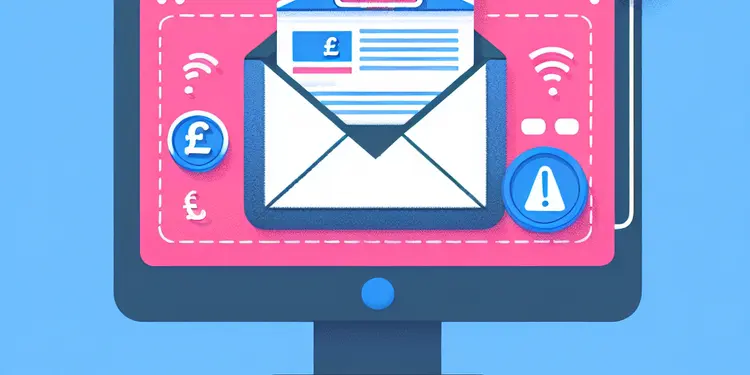
Find Help
More Items From Ergsy search
-
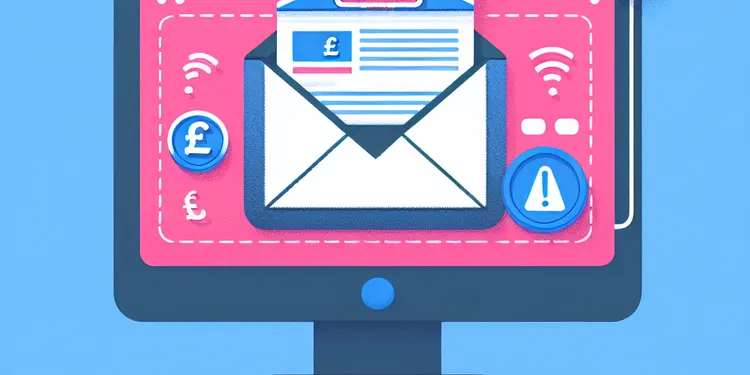
Are unsolicited emails about weight loss drugs a warning sign?
Relevance: 100%
-

Fake weight loss drugs. How can I tell if weight loss drugs are fake?
Relevance: 51%
-

Is there a risk of hair loss with weight loss drugs?
Relevance: 48%
-

Can weight loss drugs cause dehydration?
Relevance: 43%
-
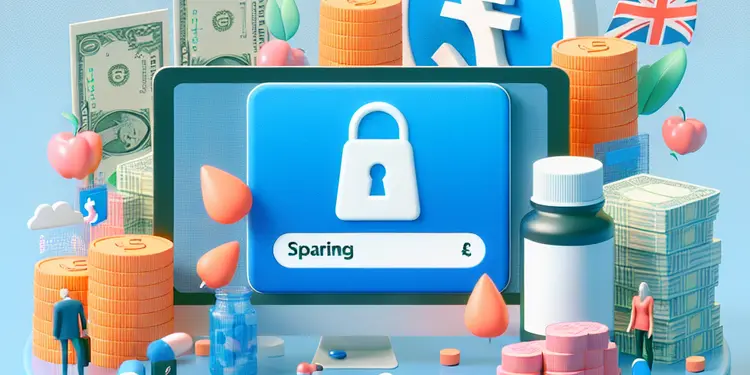
Is there a risk of identity theft with fake weight loss drug purchases?
Relevance: 42%
-
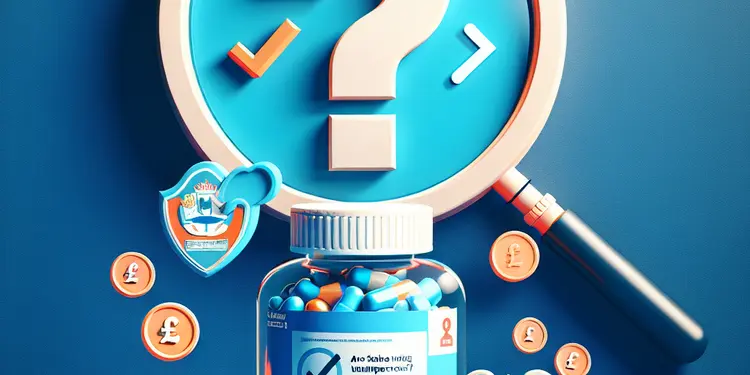
Are fake weight loss drugs often unapproved by health authorities?
Relevance: 42%
-

Do fake weight loss drugs offer unrealistic results?
Relevance: 42%
-

Is Wegovy similar to other weight loss drugs?
Relevance: 41%
-
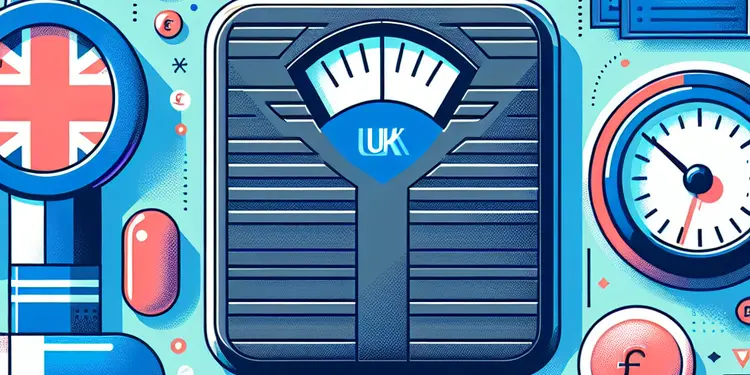
Can fake weight loss drugs contain prescription-only medications?
Relevance: 41%
-
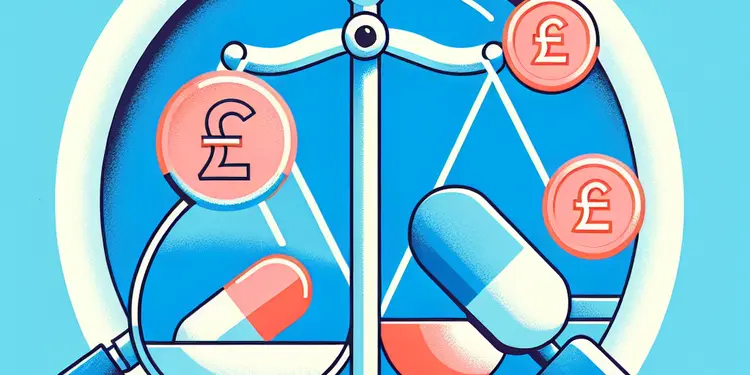
Can taking weight loss drugs result in dependency or addiction?
Relevance: 41%
-

Can fake weight loss drugs have harmful ingredients?
Relevance: 41%
-

Are skin rashes a side effect of weight loss drugs?
Relevance: 41%
-

Is insomnia a common side effect of weight loss drugs?
Relevance: 40%
-
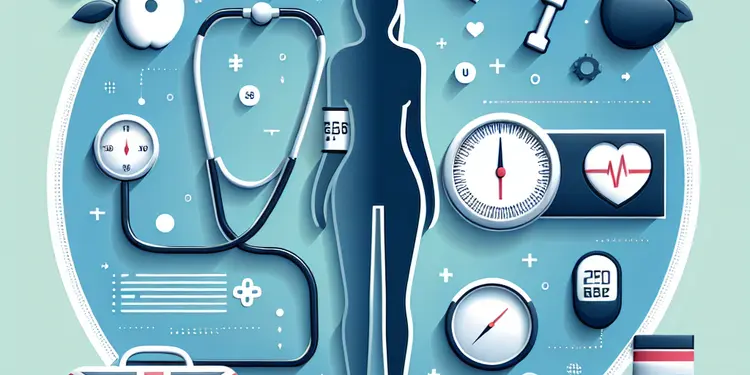
Can weight loss drugs affect blood pressure?
Relevance: 40%
-

Can weight loss drugs cause increased heart rate?
Relevance: 40%
-

What are common side effects of weight loss drugs?
Relevance: 40%
-
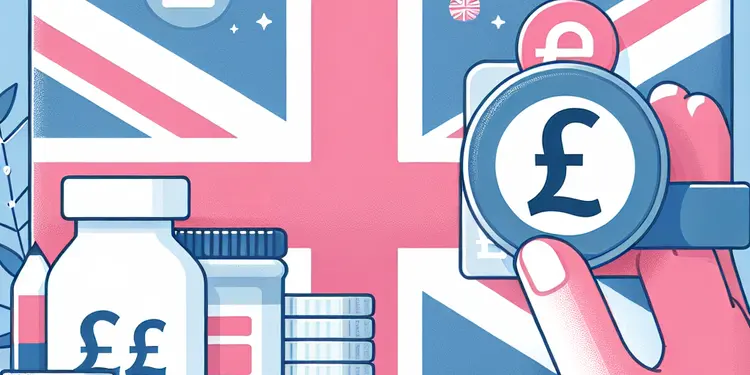
Can the pricing of weight loss drugs indicate if they're fake?
Relevance: 40%
-
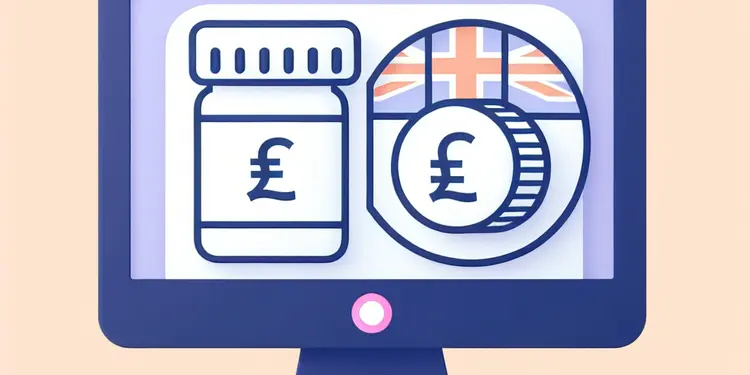
Can weight loss drugs lead to nutritional deficiencies?
Relevance: 40%
-

Is it possible for fake weight loss drugs to have no effect at all?
Relevance: 40%
-
What are the early warning signs of an eating disorder?
Relevance: 40%
-

Can weight loss drugs lead to mood changes or anxiety?
Relevance: 40%
-
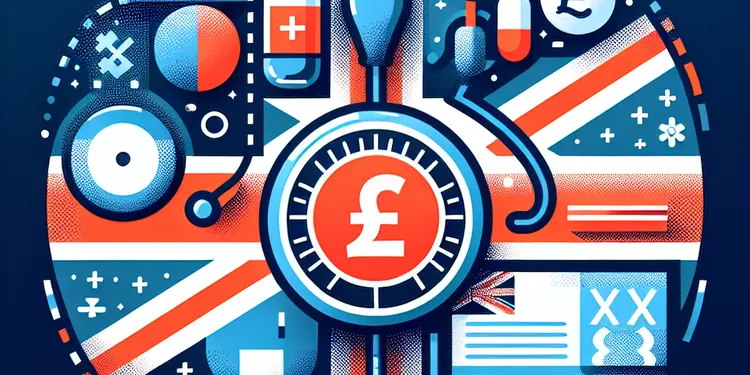
Do fake weight loss drugs often skip clinical trials?
Relevance: 40%
-

What are the signs that weight loss jabs are working?
Relevance: 40%
-

What side effects can I expect from weight loss drugs?
Relevance: 39%
-
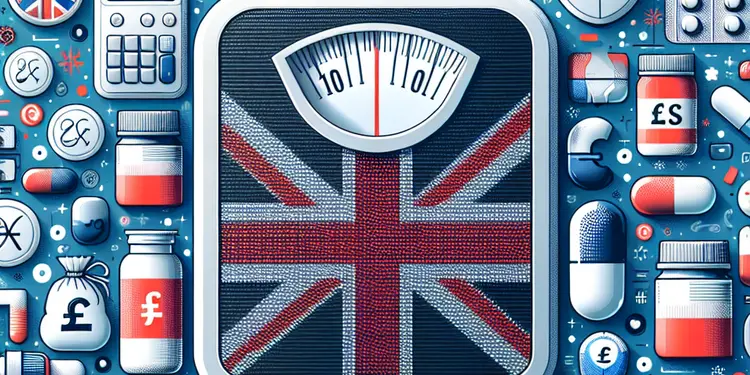
What are the less common but serious side effects of weight loss drugs?
Relevance: 39%
-

Can fake weight loss drugs come in unusual forms?
Relevance: 39%
-
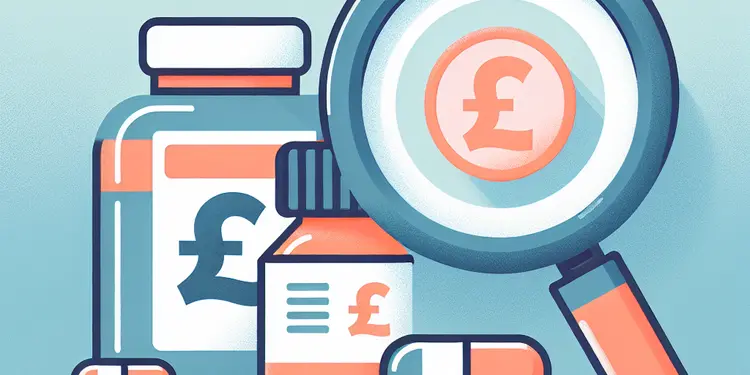
Is packaging important in identifying fake weight loss drugs?
Relevance: 38%
-
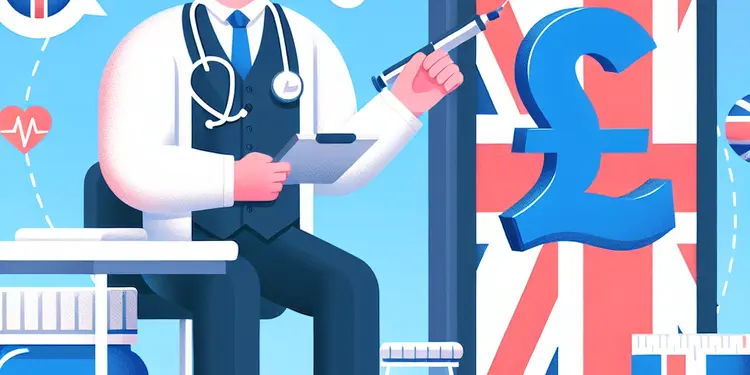
Is it necessary to consult a healthcare professional before purchasing weight loss drugs?
Relevance: 38%
-
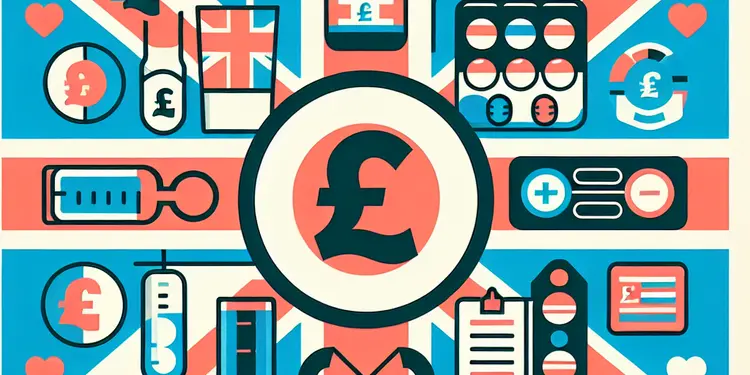
What impact can weight loss drugs have on mental health?
Relevance: 38%
-

What role does hydration play when experiencing side effects from weight loss drugs?
Relevance: 37%
-
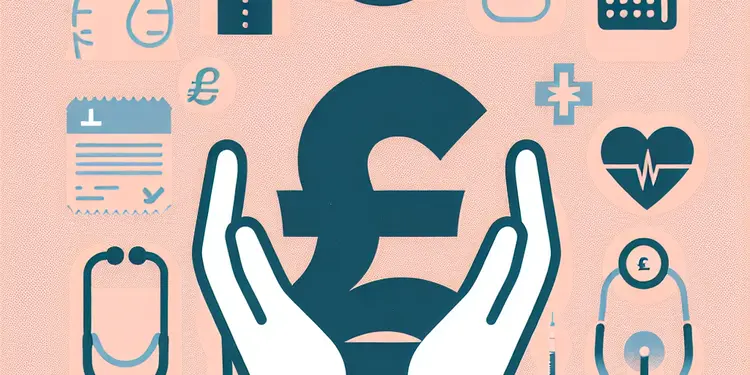
What should I do if I experience severe side effects from weight loss drugs?
Relevance: 36%
-
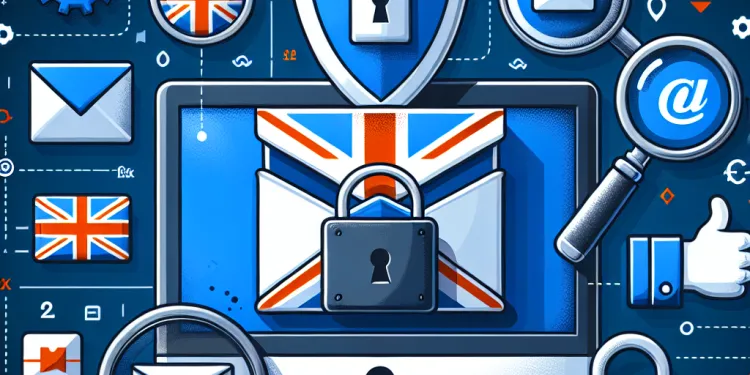
What are some signs that my email might be hacked?
Relevance: 36%
-

What should I avoid when taking weight loss drugs to minimize side effects?
Relevance: 36%
-

How long do side effects from weight loss drugs typically last?
Relevance: 36%
-
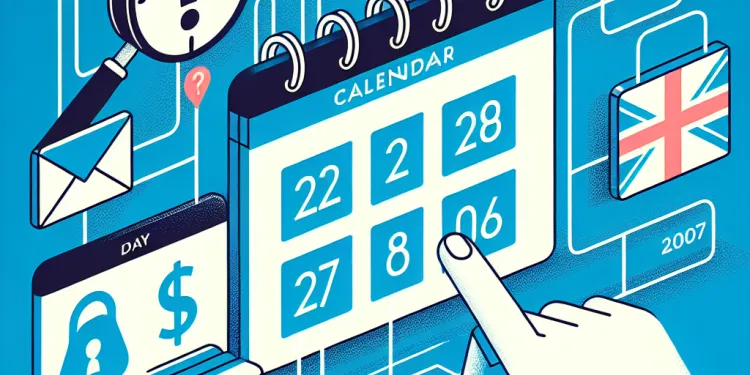
Can unexpected calendar events be a sign of a hacked email?
Relevance: 35%
-

Are there common side effects that fake weight loss drugs may cause?
Relevance: 34%
-

5 Warning Signs of Online Grooming
Relevance: 32%
-

7 Warning Signs of Emotional Abuse
Relevance: 32%
-

Is there a difference between spam and unsolicited messages?
Relevance: 32%
-

Can everyone use weight loss jabs as a method for weight loss?
Relevance: 32%
Understanding Unsolicited Emails About Weight Loss Drugs
Unsolicited emails, often referred to as "spam," are a common nuisance in today’s digital world. Among these, emails about weight loss drugs are a frequent occurrence and can be particularly concerning. For those residing in the UK, it is important to recognize such emails as potential warning signs for various reasons.
The Nature of Spam Emails
Spam emails are unsolicited messages that are typically sent in bulk to numerous recipients. These emails often have the aim of promoting questionable products or services. The senders rely on large numbers to find victims who might fall for their offers. Weight loss drugs are a recurrent theme in these spam emails, exploiting society's increasing concern with obesity and physical appearance.
Health Risks Associated with Unverified Drugs
One primary concern with unsolicited emails about weight loss drugs is the potential health risk involved. Many of these advertised drugs have not been approved by the UK Medicines and Healthcare products Regulatory Agency (MHRA). Taking unverified medications can lead to severe side effects, and in some cases, may cause long-term health issues. It is always recommended to consult a healthcare professional before starting any medication.
Fraud and Scams
Unsolicited emails may also be a sign of fraudulent activity or scams. Cybercriminals often use these emails as a way to obtain personal information such as credit card details or other sensitive data. Victims may be persuaded to purchase these drugs online, which not only risks personal information theft but may also involve financial loss without receiving any product at all.
Recognizing Legitimate Sources
To avoid falling victim to these scams, it is crucial to recognize legitimate healthcare advice and product sources. The NHS and other recognized health organizations provide reliable resources and guidance. Prescription medications should always be obtained through legitimate channels, such as through a GP or a licensed pharmacy. Caution should be exercised when receiving unsolicited emails, and links or attachments should not be clicked without verifying their authenticity.
Protecting Yourself Online
In the digital age, safeguarding personal information is more important than ever. Utilize spam filters in your email and be cautious about sharing your email address in public forums. Regularly updating your software and using robust security measures can help protect against malware and phishing attempts often associated with spam email campaigns.
Conclusion
Receiving unsolicited emails about weight loss drugs in the UK should be regarded as a warning sign for potential health risks, scams, or fraudulent intentions. Staying informed about the nature of these emails and taking steps to verify the legitimacy of any health-related product is essential for maintaining both digital and personal health and safety.
Frequently Asked Questions
What are unsolicited emails?
Unsolicited emails, often referred to as spam, are messages sent to an individual without their request or consent.
Why do I receive unsolicited emails about weight loss drugs?
These emails are often sent by marketers attempting to sell a product, sometimes without regard for legality or consumer safety.
Are unsolicited emails about weight loss drugs a warning sign?
Yes, they can be a warning sign of scams or potentially harmful products.
Why should I be cautious of weight loss drugs from unsolicited emails?
Such products often lack proper testing and approval, and they may be ineffective or harmful.
How can I identify scam emails about weight loss drugs?
Scam emails often contain spelling errors, too-good-to-be-true claims, and requests for personal information.
Is it safe to click on links in unsolicited weight loss emails?
No, clicking links in such emails could expose your computer to malware or phishing attempts.
What should I do if I receive an unsolicited email about weight loss drugs?
Mark the email as spam, do not click any links, and consider reporting it to your email provider.
Can unsolicited emails about weight loss products be reported?
Yes, you can report these emails to your email service provider or to agencies like the Federal Trade Commission (FTC) in the U.S.
What risks are associated with purchasing weight loss drugs from unsolicited emails?
Risks include financial loss, identity theft, and health dangers from unverified products.
Do legitimate companies send unsolicited emails for weight loss drugs?
Legitimate companies usually do not send unsolicited emails; they follow legal and ethical marketing practices.
How can I protect myself from scams related to weight loss emails?
Be skeptical of unsolicited emails, use spam filters, and verify company legitimacy before engaging.
Are there any regulatory agencies monitoring weight loss drug emails?
Yes, agencies like the FDA and the FTC in the USA monitor and regulate advertising claims about such products.
What should I look for to determine if a weight loss email is legitimate?
Look for reputable company information, certifications, and independent reviews. Legitimate emails also comply with marketing laws like CAN-SPAM.
Why do some weight loss drug emails ask for personal information?
Scammers use personal information for identity theft or to sell it to other unscrupulous parties.
How can I unsubscribe from receiving unwanted weight loss emails?
Use the 'unsubscribe' link if it's from a legitimate source or adjust your email settings to block unwanted senders.
Can unsolicited weight loss emails harm my computer?
Yes, they can contain malware or phishing links designed to steal personal information or damage your computer.
Are unsolicited weight loss emails considered illegal?
In many countries, sending unsolicited marketing emails without consent can violate laws such as CAN-SPAM.
Why do weight loss scams often use email?
Email is a cheap and efficient way for scammers to reach many people quickly with minimal effort.
What impact do fraudulent weight loss emails have on consumers?
They can lead to financial loss, health risks, and reduced trust in legitimate health products.
How can I ensure weight loss products are safe and effective?
Consult healthcare providers, and rely on products reviewed and approved by established health authorities.
Useful Links
This website offers general information and is not a substitute for professional advice.
Always seek guidance from qualified professionals.
If you have any medical concerns or need urgent help, contact a healthcare professional or emergency services immediately.
Some of this content was generated with AI assistance. We’ve done our best to keep it accurate, helpful, and human-friendly.
- Ergsy carfully checks the information in the videos we provide here.
- Videos shown by Youtube after a video has completed, have NOT been reviewed by ERGSY.
- To view, click the arrow in centre of video.
- Most of the videos you find here will have subtitles and/or closed captions available.
- You may need to turn these on, and choose your preferred language.
- Go to the video you'd like to watch.
- If closed captions (CC) are available, settings will be visible on the bottom right of the video player.
- To turn on Captions, click settings .
- To turn off Captions, click settings again.
More Items From Ergsy search
-

Are unsolicited emails about weight loss drugs a warning sign?
Relevance: 100%
-

Fake weight loss drugs. How can I tell if weight loss drugs are fake?
Relevance: 51%
-

Is there a risk of hair loss with weight loss drugs?
Relevance: 48%
-

Can weight loss drugs cause dehydration?
Relevance: 43%
-

Is there a risk of identity theft with fake weight loss drug purchases?
Relevance: 42%
-

Are fake weight loss drugs often unapproved by health authorities?
Relevance: 42%
-

Do fake weight loss drugs offer unrealistic results?
Relevance: 42%
-

Is Wegovy similar to other weight loss drugs?
Relevance: 41%
-

Can fake weight loss drugs contain prescription-only medications?
Relevance: 41%
-

Can taking weight loss drugs result in dependency or addiction?
Relevance: 41%
-

Can fake weight loss drugs have harmful ingredients?
Relevance: 41%
-

Are skin rashes a side effect of weight loss drugs?
Relevance: 41%
-

Is insomnia a common side effect of weight loss drugs?
Relevance: 40%
-

Can weight loss drugs affect blood pressure?
Relevance: 40%
-

Can weight loss drugs cause increased heart rate?
Relevance: 40%
-

What are common side effects of weight loss drugs?
Relevance: 40%
-

Can the pricing of weight loss drugs indicate if they're fake?
Relevance: 40%
-

Can weight loss drugs lead to nutritional deficiencies?
Relevance: 40%
-

Is it possible for fake weight loss drugs to have no effect at all?
Relevance: 40%
-
What are the early warning signs of an eating disorder?
Relevance: 40%
-

Can weight loss drugs lead to mood changes or anxiety?
Relevance: 40%
-

Do fake weight loss drugs often skip clinical trials?
Relevance: 40%
-

What are the signs that weight loss jabs are working?
Relevance: 40%
-

What side effects can I expect from weight loss drugs?
Relevance: 39%
-

What are the less common but serious side effects of weight loss drugs?
Relevance: 39%
-

Can fake weight loss drugs come in unusual forms?
Relevance: 39%
-

Is packaging important in identifying fake weight loss drugs?
Relevance: 38%
-

Is it necessary to consult a healthcare professional before purchasing weight loss drugs?
Relevance: 38%
-

What impact can weight loss drugs have on mental health?
Relevance: 38%
-

What role does hydration play when experiencing side effects from weight loss drugs?
Relevance: 37%
-

What should I do if I experience severe side effects from weight loss drugs?
Relevance: 36%
-

What are some signs that my email might be hacked?
Relevance: 36%
-

What should I avoid when taking weight loss drugs to minimize side effects?
Relevance: 36%
-

How long do side effects from weight loss drugs typically last?
Relevance: 36%
-

Can unexpected calendar events be a sign of a hacked email?
Relevance: 35%
-

Are there common side effects that fake weight loss drugs may cause?
Relevance: 34%
-

5 Warning Signs of Online Grooming
Relevance: 32%
-

7 Warning Signs of Emotional Abuse
Relevance: 32%
-

Is there a difference between spam and unsolicited messages?
Relevance: 32%
-

Can everyone use weight loss jabs as a method for weight loss?
Relevance: 32%


